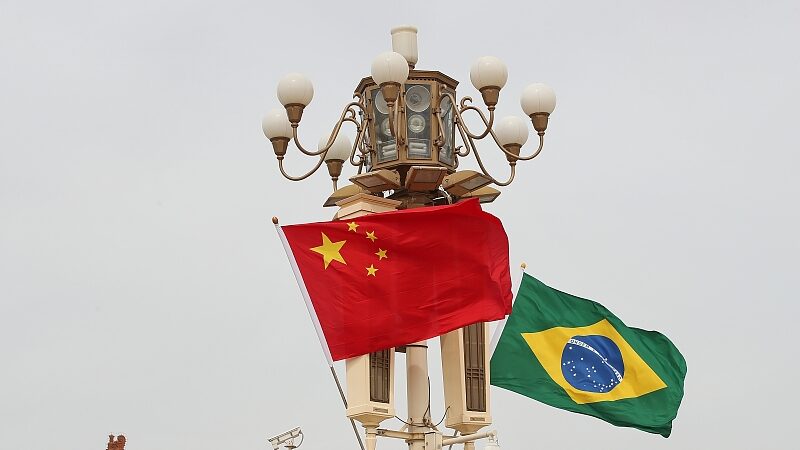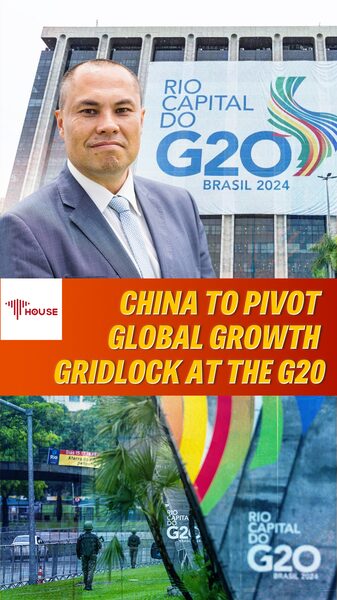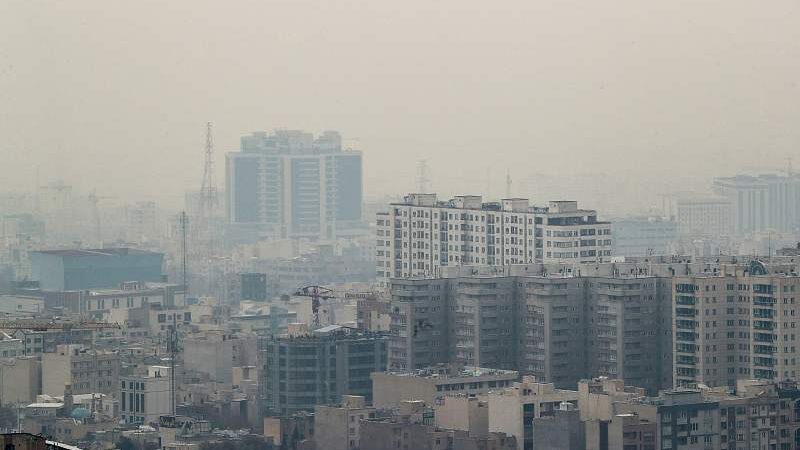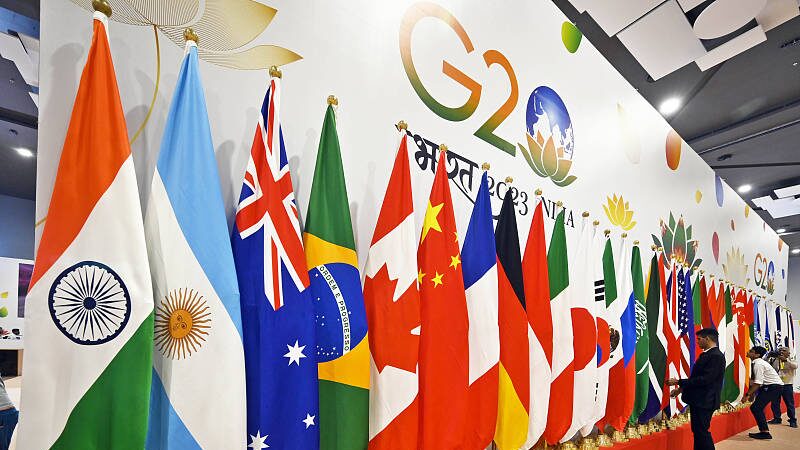The world’s eyes are on Brazil this week as G20 leaders gather to tackle climate change, food insecurity, and geopolitical fractures threatening global stability. With tensions in Ukraine, Gaza, and rising nationalism complicating diplomacy, the stakes for transparent dialogue have never been higher. 🔥
Why the G20 Matters Now More Than Ever
The summit’s agenda reads like a survival checklist: 80% of global emissions come from G20 nations, making climate action non-negotiable. Brazil’s Global Alliance Against Hunger aims to address food crises hitting countries least responsible for environmental damage. But as former Financial Times editor Lionel Barber warns, today’s power shifts – from post-pandemic turbulence to great-power rivalries – demand a reimagined world order. 🌱
Climate Crisis: A Test for Global Solidarity
Experts argue the summit must reject “zero-sum thinking” to save initiatives like the Paris Climate Accord. The WHO’s grim prediction – 250,000 annual deaths linked to climate impacts by 2030 – underscores the urgency. 🔄 \"If national interests trump collaboration, we’re all in trouble,\" says former Egyptian Foreign Minister Nabil Fahmy.
Asia’s Diplomatic Playbook
Regional frameworks like ASEAN offer lessons in sustained cooperation, notes former South Korean Foreign Minister Kim Sung-Hwan. Meanwhile, Russia’s Andrey Kortunov warns of “traditional geopolitical rivalries” replacing U.S.-led systems, urging “innovative diplomacy” to avoid chaos. 🤝
As debates unfold in Rio, one question lingers: Can this fractured world find common ground? The answer may shape our collective future. ✨
Reference(s):
cgtn.com




